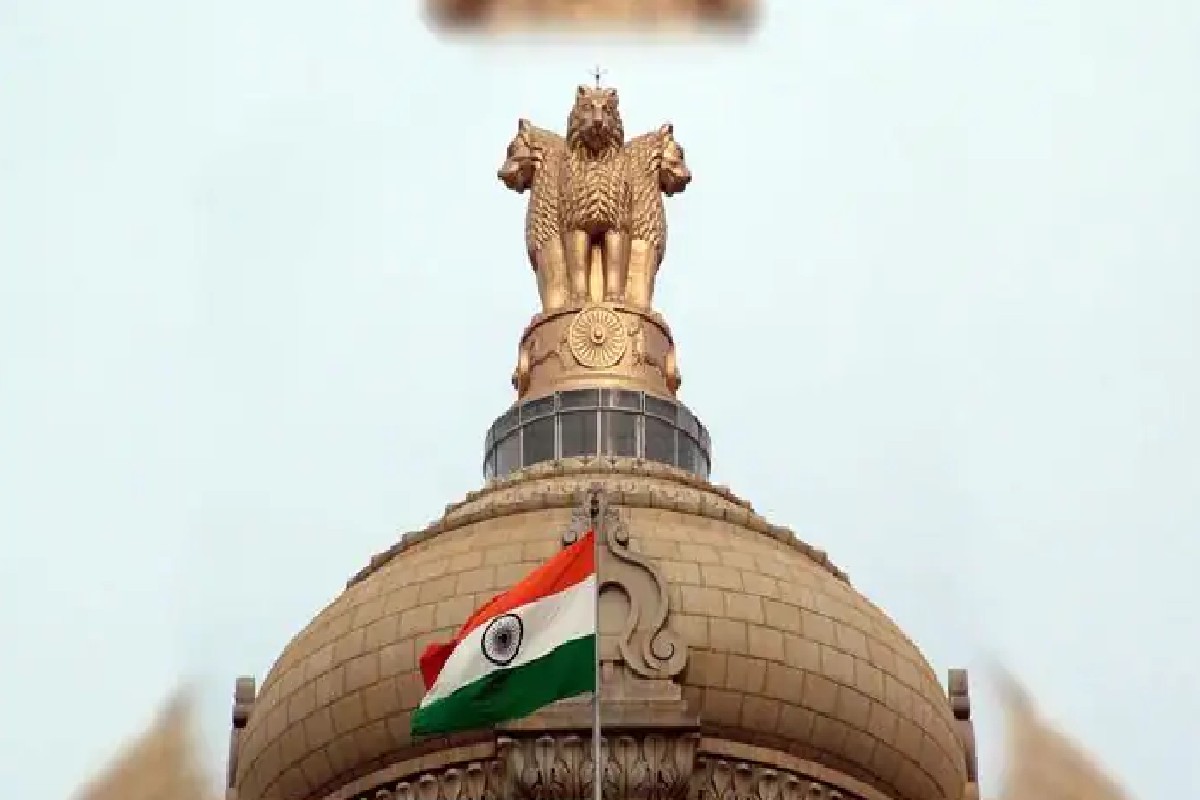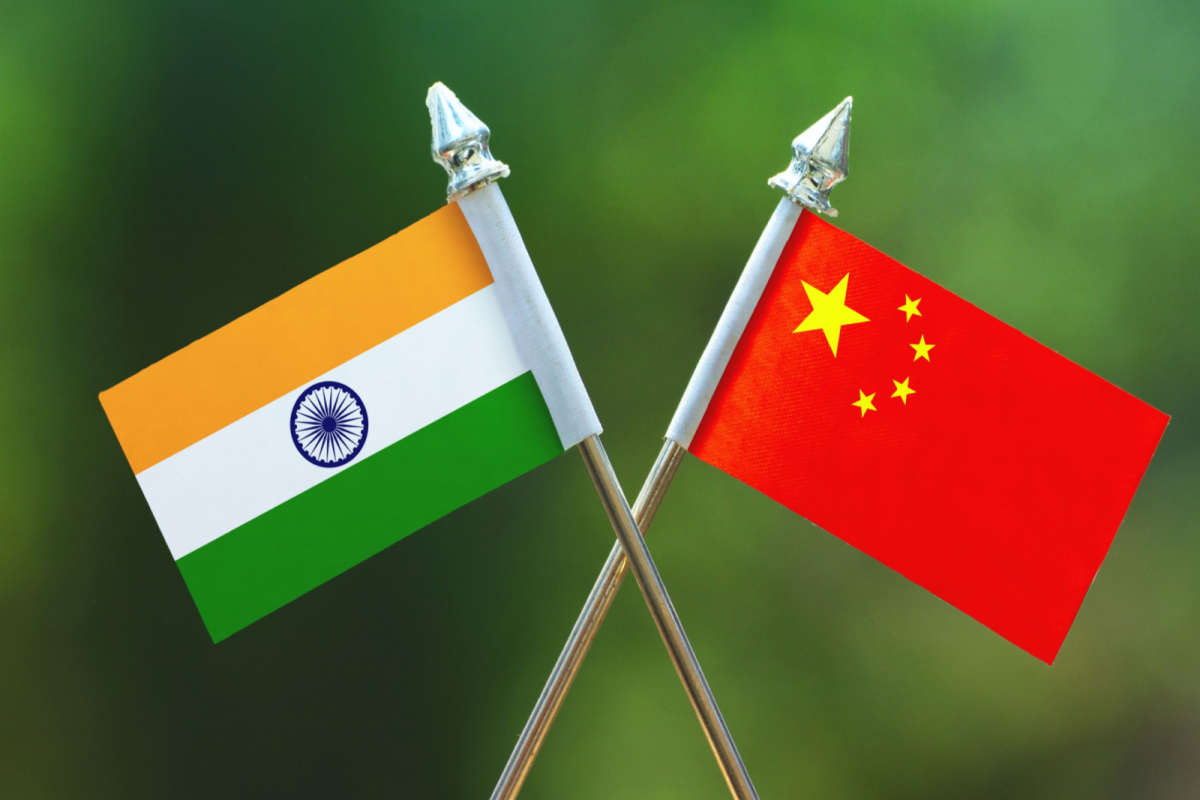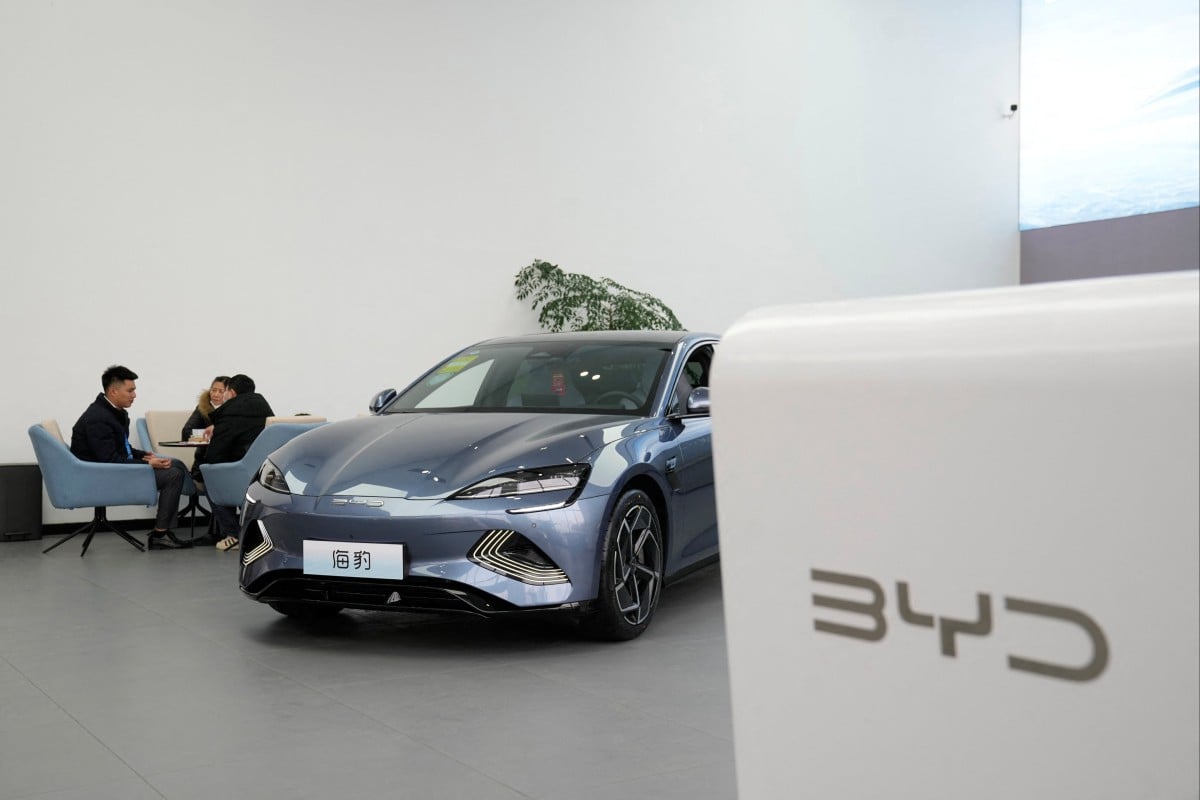Indian Government Unwaveringly Rejects Chinese EV Maker BYD: An Uncompromising Stand for Domestic Industry.

Indian Government Unwaveringly Rejects Chinese EV Maker BYD: An Uncompromising Stand for Domestic Industry.
The Indian government has said “no” to a proposal from a Chinese electric vehicle (EV) manufacturer called BYD. They wanted to set up their manufacturing operations in India, but the government turned down their request. The reason behind this decision is to support India’s own EV industry and protect the country’s security interests, especially due to the tense relations between India and China.

This rejection is part of India’s plan to encourage domestic manufacturing and attract foreign investments, known as the “Make in India” campaign. However, recent conflicts at the border and political tensions with China have made the Indian authorities cautious about letting Chinese companies have a big presence in the country.
BYD is a big player in the global EV market, and they were interested in making their vehicles in India. This move could have brought in more investment, technology, and jobs. But the government’s rejection shows that they are worried about the risks of having a Chinese company in important sectors of India.

India’s EV industry has been growing fast, thanks to government incentives and policies that promote EVs and support local manufacturers. Rejecting BYD’s proposal shows that the government wants to make India a global hub for EV production and help local companies.
This decision also shows that India is becoming more careful about foreign investments, especially from countries with which it has difficult relationships. They are worried about data privacy, technology transfer, and supply chain problems.
It’s essential to understand that this rejection doesn’t mean all Chinese EV manufacturers are banned in India. But it does mean that any such proposals will be examined carefully, and the government will focus on protecting its own interests.

BYD expressed disappointment about the rejection but said they are willing to address any concerns the Indian government has about their operations. They highlighted their success in other countries and their commitment to green transportation.
This decision also shows that India is changing its economic policy to support local industries and reduce reliance on imports. But this approach might bring challenges in getting advanced technology and international partnerships.
The rejection of BYD’s bid by the Indian government has sparked discussions and debates across the country. Supporters of the decision argue that it is a necessary measure to protect India’s economic and security interests. By promoting indigenous industries and reducing dependence on foreign manufacturers, they believe that India can strengthen its economy and ensure greater self-reliance in critical sectors like electric vehicles.
Critics, on the other hand, express concerns about the potential consequences of turning away foreign investments. They argue that while safeguarding national security is crucial, blocking all Chinese investments might lead to missed opportunities for technology transfer and economic growth. Some fear that India’s strict stance on Chinese companies might deter other international investors as well, impacting overall foreign direct investment in the country.
The rejection of BYD’s bid is also likely to impact the dynamics of India’s EV market. With the government’s emphasis on supporting domestic EV manufacturers, local players may gain a competitive edge and receive increased government backing. This could lead to more innovations, job opportunities, and the overall growth of India’s EV ecosystem.

Even with this rejection, India’s EV market is still attractive to other international players. Companies from countries other than China continue to invest in India’s EV sector because of the supportive government policies and the increasing demand for eco-friendly transportation.
However, the move might also pose challenges for Indian companies in terms of technology acquisition and collaborations. EV technology is rapidly evolving, and partnerships with established international players could have accelerated the development of the Indian EV industry.
The decision could influence other countries’ perceptions of India as an investment destination. Some nations might view India’s cautious approach towards Chinese investments as a sign of protectionism and might become more reluctant to invest in the country themselves. Striking a balance between safeguarding national interests and fostering a favorable investment climate will be crucial for India’s economic growth and global partnerships.
In response to the rejection, BYD may seek alternative routes to enter the Indian market or explore partnerships with local companies. By addressing the Indian government’s concerns about data privacy, security, and technology transfer, BYD might have a chance to reconsider its bid in the future.
The rejection also highlights the need for open dialogue between governments and companies. Transparent communication about concerns and objectives could lead to mutually beneficial outcomes, ensuring that both countries’ interests are respected.
As the Indian EV market continues to expand, the government’s policies will play a critical role in shaping its growth trajectory. Incentives for local manufacturing, research and development, and infrastructure development will be essential to accelerate the adoption of electric vehicles in the country.
Furthermore, promoting sustainable practices and encouraging the adoption of EVs among consumers will be crucial in achieving India’s environmental goals. A comprehensive approach that involves cooperation between the government, industry stakeholders, and consumers will be necessary to achieve a cleaner and greener transportation future for India.
In conclusion, the rejection of BYD’s bid by the Indian government marks a significant step in promoting the domestic EV industry and safeguarding national security interests. While it reflects India’s cautious approach towards foreign investments, striking a balance between protecting national interests and fostering a favorable investment climate remains a challenge. The decision will undoubtedly impact India’s EV market dynamics and influence perceptions of the country as an investment destination. Going forward, collaborative efforts and supportive policies will be vital to realize India’s vision of becoming a global leader in electric mobility.



